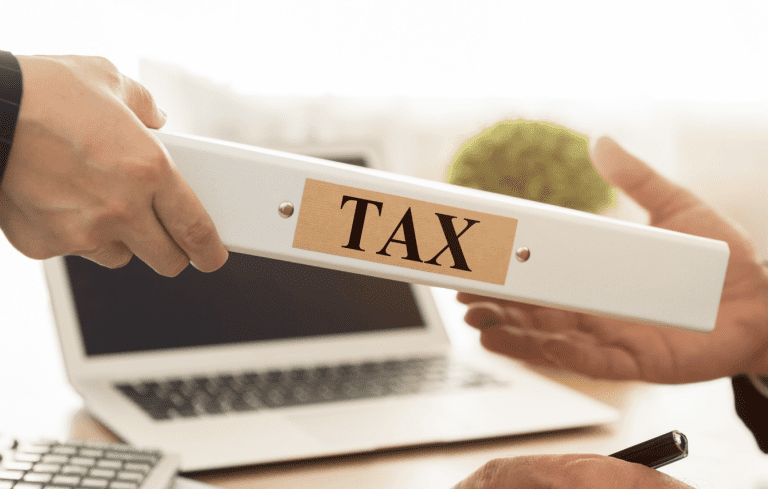The volatility of Bitcoin and other cryptocurrencies has recently gained significant media attention, with their daily values fluctuating more frequently than the highest rollercoaster in the world, The Kingda Ka in New Jersey. This has prompted many individuals to re-evaluate their SMSF investment strategy regarding cryptocurrency investments.
So, whilst some investors have made gains on these virtual currencies, can they be purchased by an SMSF? Here are some essential points to consider should you be thinking of diversifying your fund’s investment portfolio into cryptocurrencies:
Does my trust deed permit this type of investment?
As with all SMSF investments, they must be permitted by your fund’s governing rules, so always check your trust deed first.
The SuperCentral governing rules do permit investments in digital currencies.
Sole purpose test
Provided an investment in an asset is permitted by the superannuation legislation, the fund’s trust deed and investment strategy, then generally, any investments are permissible as long as the investment is undertaken to provide retirement benefits to the fund members or their dependants should a member dies.
Potential compliance and audit breaches
Whether an SMSF trustee trades, as opposed to buys and holds, digital currency like Bitcoin, potential compliance risks may arise when:
- Funding the purchase eg. can contributions be accepted? Or has the fund borrowed money?
- Are there any related parties to the transaction?
- transferring of existing Bitcoin from a member to the super fund is not permissible
- hedging of cryptocurrencies when a “wallet” is established through an online exchange to buy/sell as a charge is placed over assets of the fund, which is not permitted
- proof of ownership (eg. what happens when the member who purchases the digital currency dies and their private key and password to access the online account cannot be obtained?)
- defrauding SMSF assets should the fund’s account be hacked.
Should a fund hold investments in digital currencies, such areas will be investigated by the auditor, and sufficient documentation must be provided by the trustees to confirm such risks have been mitigated.
Kreston Stanley Williamson Team
*Correct as of February 2018
*Disclaimer – this article has been produced by Kreston Stanley Williamson as a service to its clients and associates. The information contained in the article is of general comment only and is not intended to be advice on any particular matter. Before acting on any areas in this article, you must seek advice about your circumstances. Liability is limited by a scheme approved under professional standards legislation.














